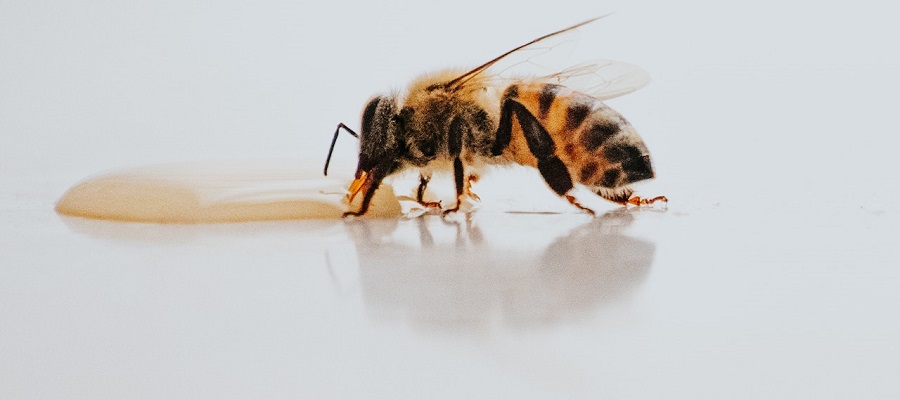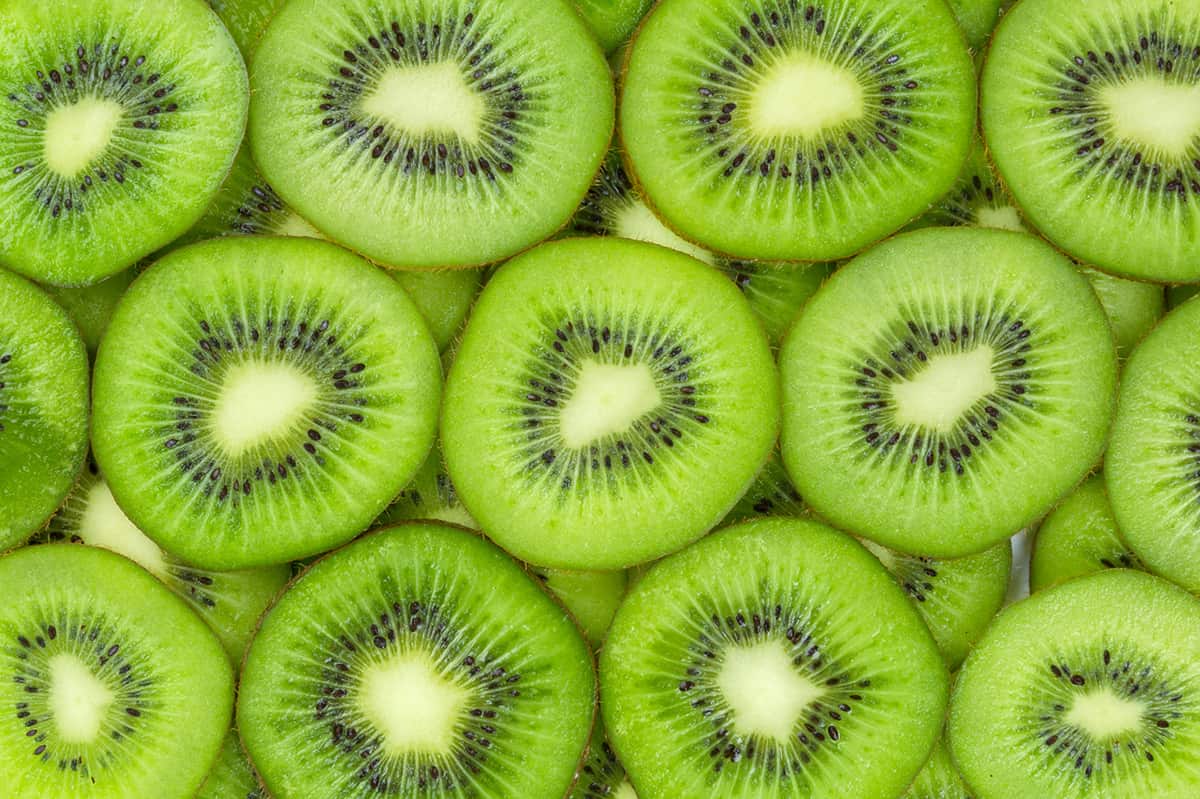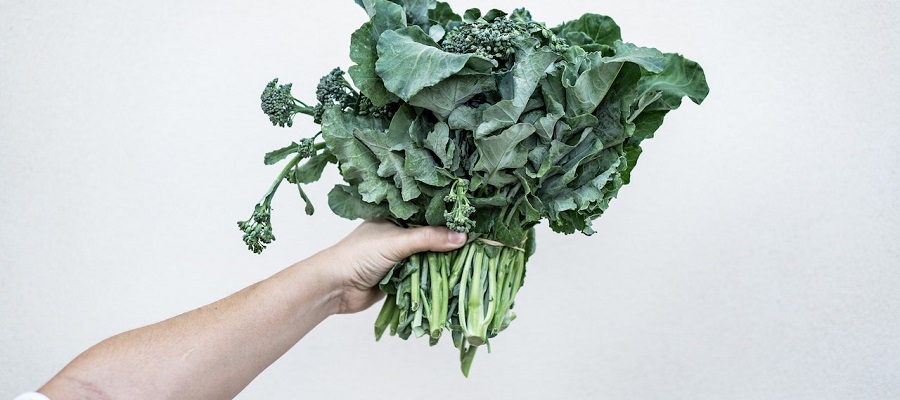Honey is a sweet, viscous liquid made by bees from the nectar of flowers. It is a natural sweetener that has been used for centuries in cooking and baking.
Honey is rich in antioxidants, enzymes, vitamins, and minerals. It has antibacterial and anti-inflammatory properties and may help boost the immune system. Some studies suggest that consuming honey may also help lower blood pressure and cholesterol levels.
There are many different types of honey available, each with its own unique flavor and nutritional profile. Some popular types include clover, wildflower, orange blossom, and Manuka honey.
Raw honey is honey that has not been pasteurized or filtered. It is considered more nutritious than processed honey, as it contains more enzymes, vitamins, and minerals.
Honey can be used as a substitute for sugar in cooking and baking. It is sweeter than sugar, so less is needed to achieve the same level of sweetness. Honey can also be used as a natural remedy for minor ailments such as sore throat and cough.
It's also important to note that consuming too much honey can be harmful to one's health as it's high in sugar and calories. It's recommended to consume it in moderation.
What are the nutritional benefits of consuming honey?
Honey is a natural sweetener that is rich in antioxidants, enzymes, vitamins, and minerals. Some of the key nutritional benefits of consuming honey include:
-
Antioxidants: Honey is rich in antioxidants, which can help protect the body against damage from free radicals. These antioxidants may also help reduce the risk of certain diseases, such as cancer and heart disease.
-
Enzymes: Honey contains enzymes that can help aid in digestion and metabolism. These enzymes may also help to boost the immune system.
-
Vitamins and minerals: Honey is a good source of vitamins and minerals, including B vitamins, vitamin C, calcium, iron, and zinc.
-
Antibacterial and anti-inflammatory properties: Honey has natural antibacterial and anti-inflammatory properties that may help to reduce inflammation in the body and fight off infections.
-
May help lower blood pressure and cholesterol: Some studies suggest that consuming honey may help to lower blood pressure and cholesterol levels, which can help to reduce the risk of heart disease.
It's important to note that the nutritional value of honey may vary depending on the type of honey and how it's processed. Raw honey is considered more nutritious than processed honey, as it contains more enzymes, vitamins, and minerals.
How does honey compare to sugar in terms of its nutritional value?
Honey and sugar have some similarities in terms of their nutritional value, but they also have some key differences.
Both honey and sugar are high in calories and carbohydrates, and both can contribute to weight gain and increase the risk of certain health problems such as diabetes and heart disease if consumed in excess.
However, when it comes to nutritional value, honey is generally considered to be more nutritious than sugar. Honey contains a variety of vitamins, minerals, antioxidants, and enzymes that are not found in sugar. These nutrients can provide various health benefits, such as reducing inflammation and fighting off infections.
Sugar is a simple carbohydrate that provides energy but no other nutritional value, it is also considered as empty calories.
Honey also has a lower glycemic index than sugar, which means it doesn't spike blood sugar levels as dramatically as sugar does. This can be beneficial for people with diabetes or blood sugar issues.
In summary, honey is nutritionally superior to sugar because it contains a variety of vitamins, minerals, antioxidants, and enzymes that are not found in sugar. It is also considered as a healthier alternative to sugar because of its lower glycemic index. It's important to remember that consuming too much of any sweetener is not good for your health.
Can consuming too much honey be harmful to one's health?
Consuming too much honey can be harmful to one's health because it is high in calories and sugar. Excessive consumption of honey can lead to weight gain, blood sugar imbalances, and an increased risk of certain health problems such as diabetes and heart disease.
Additionally, consuming large amounts of honey can also be harmful for people who are allergic to bees or pollen, as well as pregnant women, as it can cause an allergic reaction or interact with certain medications.
It's recommended to consume honey in moderation, just like any other sweetener. The American Heart Association (AHA) recommends that women should limit added sugars to no more than 6 teaspoons (25 grams) per day, and men should limit it to 9 teaspoons (38 grams) per day.
It's also important to note that the quality and purity of honey can vary widely, and some honey products may contain added sugars or other ingredients that can increase the risk of health problems if consumed in excess. Therefore, it's recommended to choose natural, pure honey from a reputable source.
To sum up, consuming moderate amounts of honey is generally considered safe for most people, but excessive consumption can be harmful to one's health due to its high sugar content. It's important to consume it in moderation and to check the purity and quality of the honey.
How is the nutritional content of raw honey different from processed honey?
The nutritional content of raw honey is different from processed honey. Raw honey is honey that has not been pasteurized or filtered, while processed honey is honey that has been pasteurized or filtered, usually for the purpose of removing impurities, such as wax and debris, and to prolong its shelf life.
Raw honey retains most of its natural enzymes, vitamins, and minerals, while processed honey may lose some of these nutrients during the pasteurization or filtration process.
Raw honey is considered more nutritious than processed honey because it contains more enzymes, vitamins, and minerals. Some of the enzymes found in raw honey include glucose oxidase, which produces hydrogen peroxide, a natural antiseptic, and diastase, an enzyme that helps to break down sugars.
Raw honey also contains antioxidants, which are beneficial for heart health, and may help to lower blood pressure, cholesterol and reduce the risk of certain diseases such as cancer and heart disease.
Processed honey, on the other hand, may contain added sugars or other ingredients that can increase the risk of health problems if consumed in excess. Therefore, it's recommended to choose natural, pure raw honey from a reputable source for maximum nutritional benefits.
It's also important to keep in mind that the nutritional content of honey can vary depending on the type of honey and the flowers the bees used to collect nectar. Some honey may contain more vitamins and minerals than others.
Can honey be used as a substitute for sugar in cooking and baking?
Honey can be used as a substitute for sugar in cooking and baking. It is a natural sweetener that can add flavor and nutrients to your food.
Honey is sweeter than sugar, so less is needed to achieve the same level of sweetness. It is also a humectant, which means it helps to retain moisture in baked goods. This can help to keep cakes, bread, and cookies fresher for longer.
When using honey as a substitute for sugar, it's important to make some adjustments to the recipe. Because honey is denser than sugar, you will need to reduce the amount of liquid in the recipe by about 1/4 cup for every cup of honey used. Additionally, you will need to lower the oven temperature by about 25 degrees F and increase the baking time slightly.
Honey can also be used to sweeten drinks, marinades, and dressings. It can also be added to oatmeal, yogurt, and smoothies for a natural sweetness.
It's worth noting that honey can change the flavor of the final product, so it may not work as a substitute in all recipes, specially in recipes that require a specific flavor.
In summary, honey can be used as a substitute for sugar in cooking and baking, and it can add flavor and nutrients to your food. However, it is denser and sweeter than sugar, and some adjustments need to be made to the recipe when using it as a substitute.
Is there any evidence to suggest that consuming honey can boost athletic performance?
There is some evidence to suggest that consuming honey can boost athletic performance. Honey is a natural source of carbohydrates, which are the primary fuel source for the body during exercise. Carbohydrates are broken down into glucose, which is used by the body for energy. Consuming honey before or during exercise can provide a quick and easily accessible source of energy for the body.
Some studies have also shown that consuming honey can help to improve endurance during exercise. For example, a study conducted on cyclists found that consuming honey before exercise improved their time trial performance compared to consuming a carbohydrate gel.
Honey also contains antioxidants, which can help to reduce muscle damage and inflammation caused by exercise, thus potentially improving recovery and performance.
It's worth noting that the effect of honey on athletic performance may vary depending on the individual and the type and intensity of the exercise. Additionally, more research is needed to confirm the results of these studies and to determine the optimal amount and timing of honey consumption for athletic performance.
In summary, there is some evidence to suggest that consuming honey can boost athletic performance by providing a quick source of energy and potentially improving endurance and recovery. However, more research is needed to confirm these findings and to determine the optimal amount and timing of honey consumption for athletic performance.


